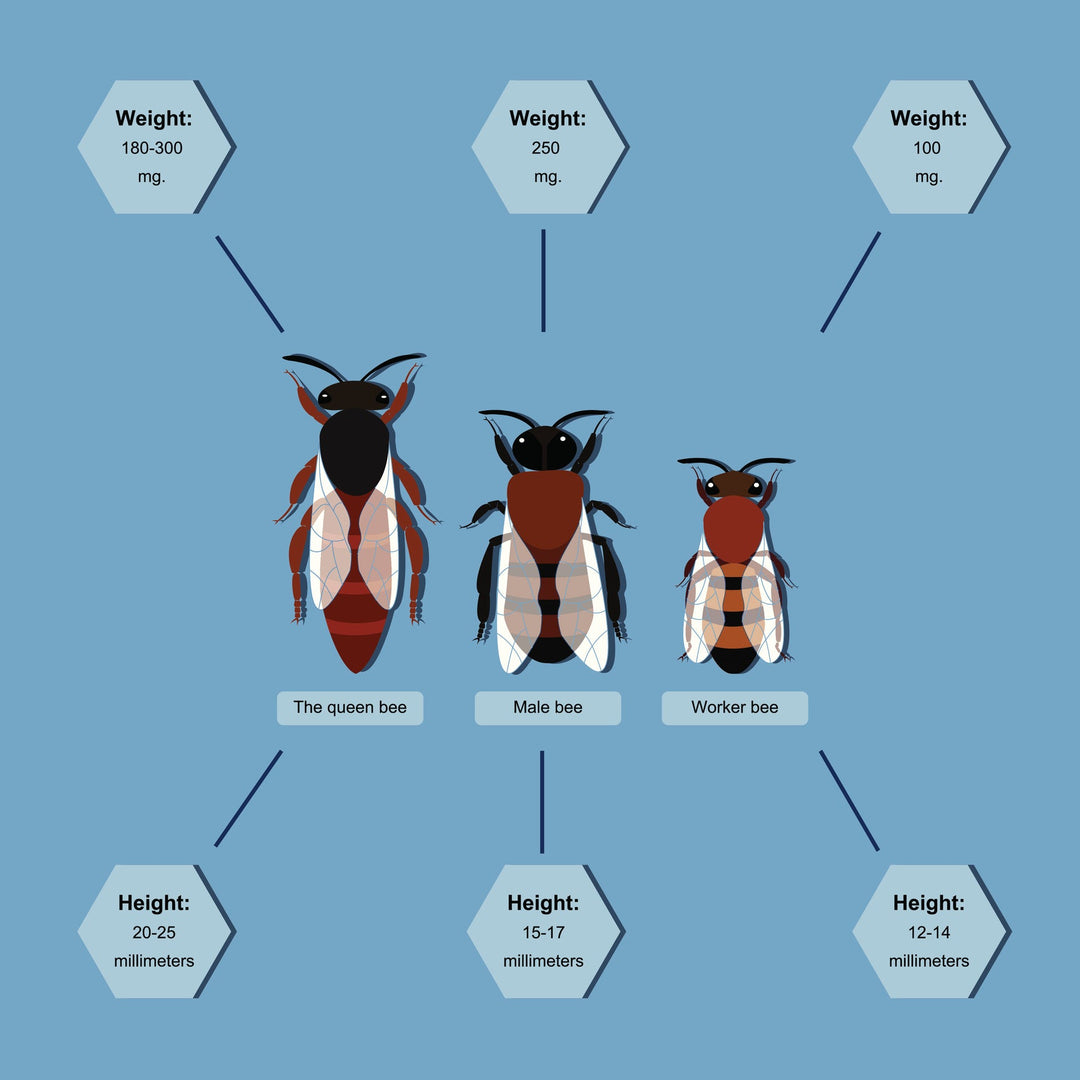Do you eat your emotions?
You may know all too well that you reach for the sugary snacks or chocolate pick-me-ups at times of high stress, however, what is the science behind this and is there anything you can do to combat this? Have you heard of cortisol? Cortisol is the hormone that determines your body’s blood sugar level and can also affect your blood pressure, sleep and digestion. Cortisol is also the hormone which governs your capacity to cope with stress. Cortisol has a bad reputation, however, normal levels of cortisol are required for maintaining steady energy throughout the day, so we are going to look at the ways you can lower your cortisol levels.

The Cortisol Cycle
For optimal performance and levels of health, your cortisol levels should follow a pattern or a cycle, which is often referred to as the “cortisol curve.” In a healthy cycle, your cortisol levels are highest from morning to noon, lower throughout the afternoon and very low in the evening. This is based on the fact that you should be winding down and less energy is required as you head into the evening. If you struggle to wind down in the evening it may indicate that you have high-stress levels.
Midnight should be the lowest point of the day. However, when we’re chronically stressed, the body releases cortisol almost all of the time which disrupts the natural curve. This can lead to adrenal exhaustion as the body develops responses to this level of stress which are then triggered again when the body is presented with further stress. Which gives us even more steam to tell you about the ways you can lower cortisol levels. Cortisol can spike in response to various stressors such as work, family or relationship issues, deadlines, illness or issues at home.

How does sugar impact stress levels?
When you experience stress, your adrenal glands release cortisol to try and balance out your blood sugar levels. When your blood sugar levels change too rapidly, your adrenal glands release cortisol to pull it back again. Elevated cortisol levels over a long period of time can cause the body to consistently produce glucose, leading to increased blood sugar levels. You crave sugar when you are stressed because, when you eat sugar, you actually receive an increase in another hormone called serotonin, which feels calming. Balancing your cortisol levels is crucial for optimal health, but how do you regulate your cortisol levels? What are the ways to lower cortisol!?
6 Ways to Lower Cortisol Levels:
- Have a lower sugar breakfast. Your mind and body will function more efficiently if you stay below 7 grams of sugar. Try sweetening your usual breakfast with a tiny bit of Necta and Hive honey - just enough to take the edge off and still get that amazing taste! You can add honey to porridge oats or to Greek yoghurt for a higher protein option.
- Eat nutrient-dense foods, avoiding refined sugar and refined carbs. However, do not cut out carbs completely as an extremely low carb diet can, in fact, increase cortisol levels.
- Eat the right foods at the right time. Eat ‘slow carbs’ in the evening, such as sweet potatoes or brown rice, to improve your quality of sleep.
- Exercise in the morning - such as weight training, Yoga or Pilates. Find an exercise type you enjoy and stick to it.
- Take Vitamin C and Vitamin B5 supplements, as well as Omega-3 as these are all proven to balance cortisol levels.
- Practice mindfulness or meditation to reduce stress.






